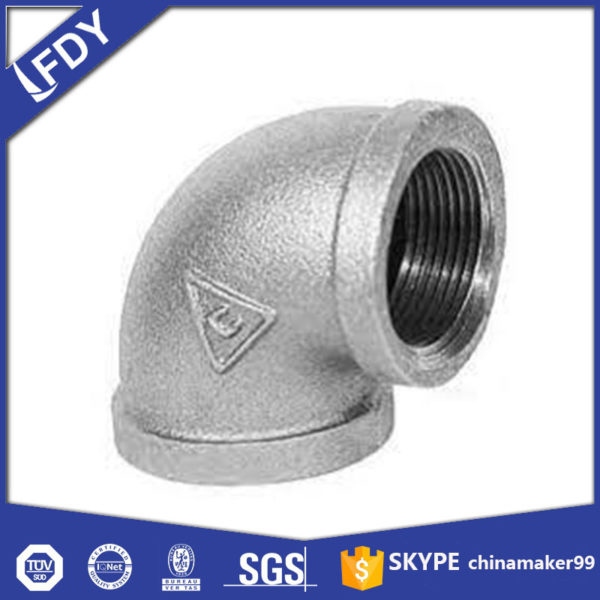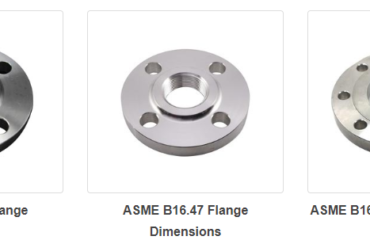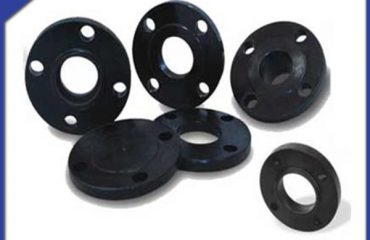
In industrial piping systems, the choice between forged and wrought fittings plays a critical role in ensuring performance and safety. These two types of components differ significantly in their production methods, physical properties, and suitability for various applications, making it essential to understand their unique characteristics.
Manufacturing Techniques
Forged fittings are produced through a process that involves heating metal to a pliable state and then shaping it using compressive force, such as hammering or pressing with dies. This method manipulates the metal’s internal structure, aligning its grain flow to follow the contours of the fitting. The forging process can be conducted at high temperatures (hot forging) to reduce resistance, or at lower temperatures (cold forging) to achieve tighter dimensional tolerances.
Wrought fittings, by contrast, are crafted from metals that have been worked through processes like rolling, extruding, or bending while in a solid state. These metals start as cast ingots, which are then transformed into sheets, rods, or tubes through mechanical deformation. Wrought fittings are typically formed by cutting, shaping, or welding these pre-processed materials into the desired configuration.
Mechanical Characteristics
The forging process imparts distinct mechanical properties to forged fittings. The aligned grain structure enhances their tensile strength, making them highly resistant to cracking under pressure. They also exhibit superior fatigue resistance, enabling them to withstand repeated stress over extended periods. These attributes make forged fittings particularly robust in environments where mechanical stress is a primary concern.
Wrought fittings, while strong, generally have a more uniform but less directional grain structure. This gives them better ductility, allowing for greater flexibility and easier modification during installation. However, they may not perform as well as forged fittings under extreme pressure or high-temperature conditions, where material integrity is critical.

Material Considerations
Both forged and wrought fittings can be manufactured from a range of metals, including carbon steel, stainless steel, and various alloys. Forged fittings are often preferred for high-strength alloys, as the forging process helps eliminate internal defects and improve material consistency. Wrought fittings, on the other hand, are commonly made from metals that require good formability, such as low-carbon steel or aluminum, which respond well to rolling and bending processes.
Application Scenarios
Forged fittings are ideal for applications involving high pressure, high temperature, or critical operational demands. They are frequently used in oil and gas pipelines, chemical processing plants, and power generation systems, where failure could lead to serious consequences. Their ability to maintain integrity under extreme conditions makes them a reliable choice for heavy-duty industrial settings.
Wrought fittings are more suited to low to medium-pressure systems, such as plumbing, heating, and general industrial piping. Their ductility and ease of installation make them a practical option for applications where flexibility is important. They are also commonly used in non-critical components where cost-effectiveness and ease of fabrication are prioritized.
Cost Factors
Forged fittings typically have a higher production cost due to the labor-intensive nature of the forging process and the need for specialized equipment. This makes them more expensive than wrought fittings, which can be produced using more standardized, less complex manufacturing techniques. For large-scale projects or applications with less stringent performance requirements, wrought fittings often offer a more economical solution.
In summary, the decision between forged and wrought fittings depends on the specific demands of the application. Forged fittings excel in high-stress environments where strength and durability are paramount, while wrought fittings provide a cost-effective and flexible option for less demanding scenarios. By understanding these differences, industry professionals can make informed choices that ensure optimal performance and longevity in their piping systems.
 Language
Language Espanol
Espanol English
English Italian
Italian عربى
عربى
 Skype: chinamaker99
Skype: chinamaker99  Tel: 86-316-5120812
Tel: 86-316-5120812  Email:
Email:  Whatsapp:
Whatsapp: 
